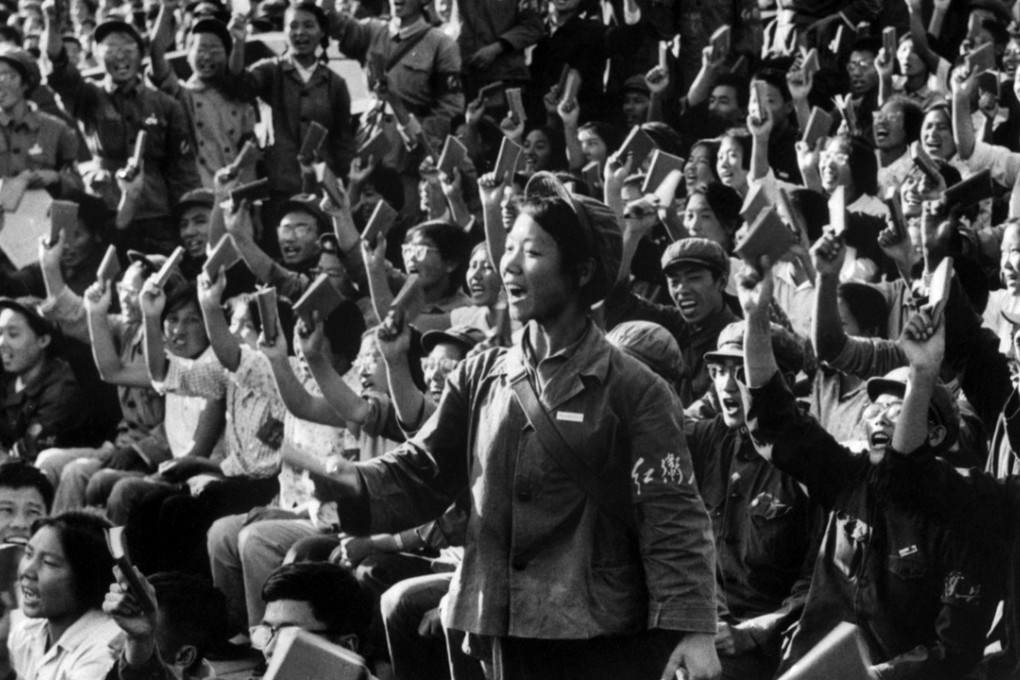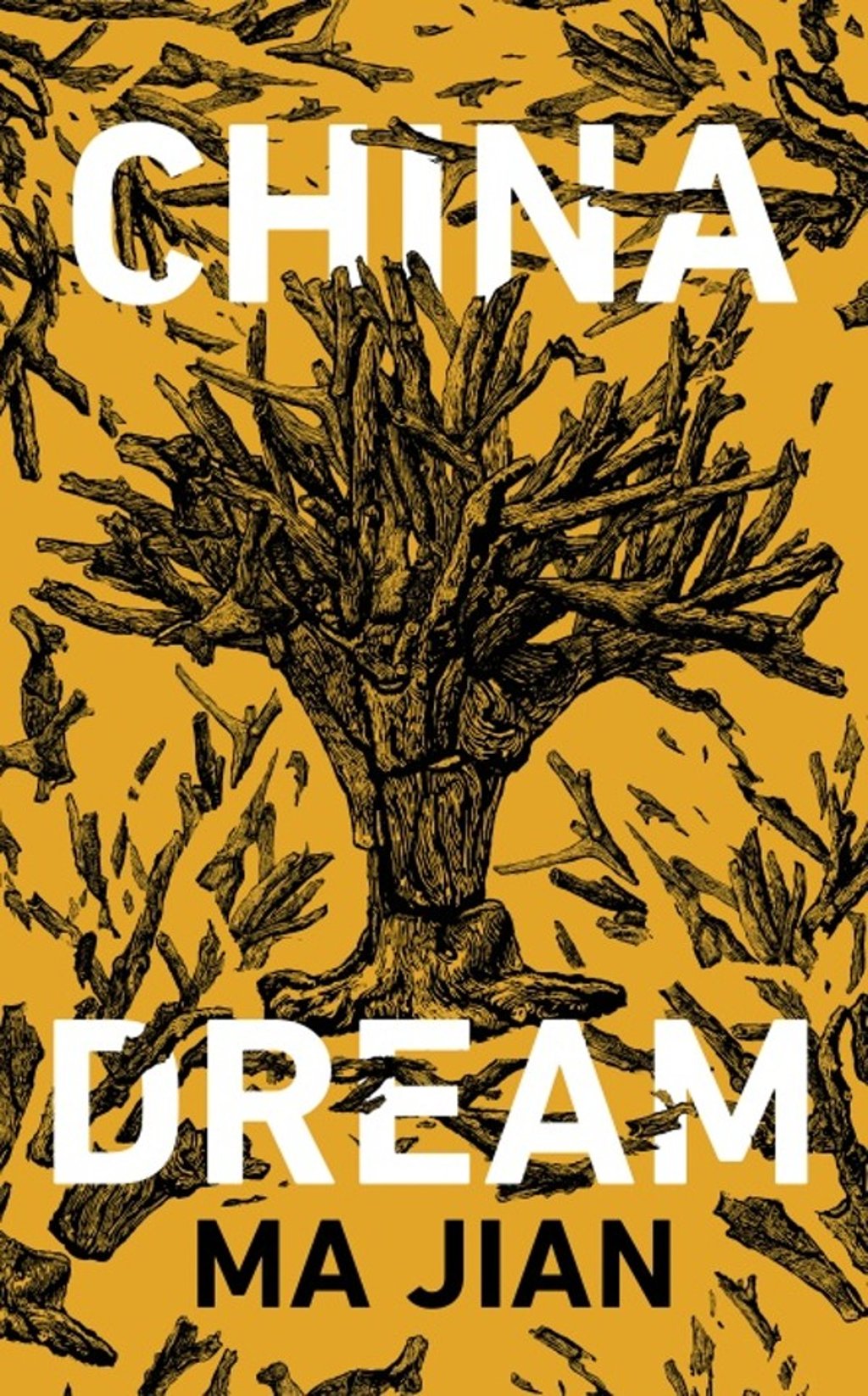Advertisement
Review | China Dream by Ma Jian is a scathing satire of the absurd reality facing a silenced nation
- Untethered from the restrictions of his homeland, the Britain-based author, whose talks at Hong Kong literary festival were cancelled without explanation, draws a dystopic vision of China’s dark realities
Reading Time:5 minutes
Why you can trust SCMP

China Dream
by Ma Jian
Chatto & Windus
If any country were suited to dystopian fiction, it would be China.
Home to several cities that resemble the set of Blade Runner, the country feels like a place where anything could happen. Executives disappear and reappear, rumours swirl about top leaders, and rules and social conventions are handled with anything from arbitrary laxity to authoritarian officiousness.
Advertisement
So it’s a pleasure to come to China Dream, by Ma Jian, a writer who has built a reputation on addressing the darkness in China’s recent history, particularly in his 2008 novel Beijing Coma, which examines the aftermath of the Tiananmen Square crackdown. Now, without concern for decorum or appeasement (Britain-based Ma has been denied entry into the mainland since 2011), he takes on the insanity, violence, enforced silence and grim memories of the collective Chinese psyche. It certainly makes a change from wealth porn and the struggles of the diaspora.
The author was due to speak at two events at the Hong Kong International Literary Festival on November 10, however, on November 7 Ma announced on Twitter that they had been cancelled by Tai Kwun arts centre, where the talks, one of which was titled China Dream, were due to be held. Festival organisers are searching for an alternative venue.
Advertisement

Advertisement
Select Voice
Select Speed
1.00x